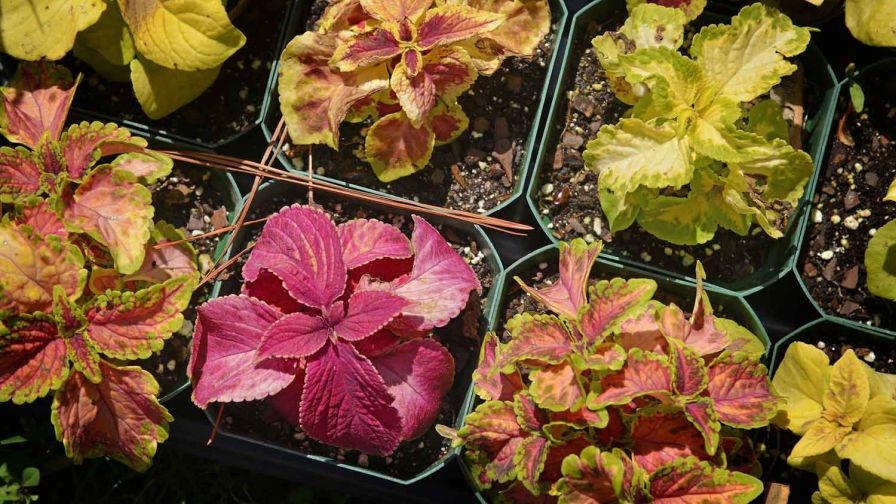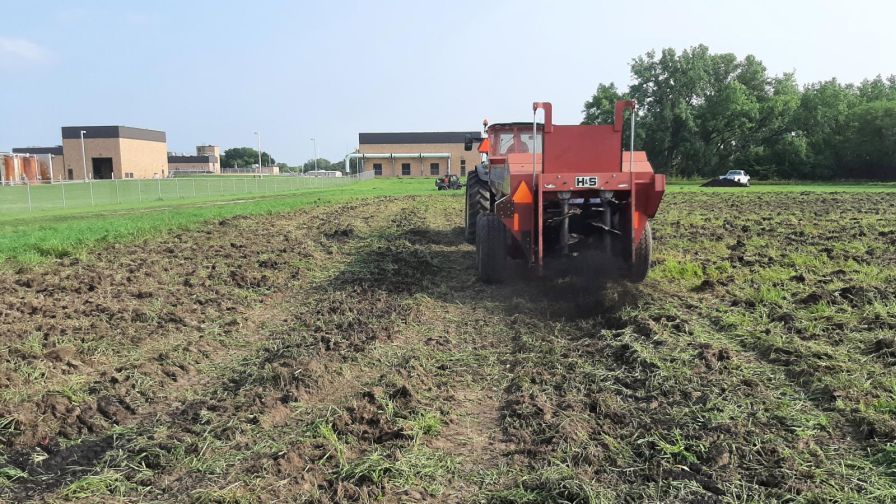Don’t Let Rose Rosette Disease Become a Death Sentence
Almost all roses are susceptible to rose rosette disease. Unfortunately, the only remedy is removing the infected roses to avoid spreading to nearby roses. Remove all parts of the rose, including the roots, and bag and dispose of them in the trash, not the compost pile. Even though the eriophyid mite Phyllocoptes fructiphilus that spreads the virus doesn’t live in the soil, it can overwinter on the roots and root fragments. Chemical control methods are ineffective because the mite is small and hidden in the flower buds that makes for limited contact with horticultural oils or miticides.
The good news, according to a recent post on the Michigan State University Extension website, is that the mite that carries the virus is specific to roses, which means the virus won’t spread to plants other than roses. Removing infected roses provides the opportunity to plant a variety of different plants in between roses to provide a barrier of protection.
Monitor roses for signs of decline. The distorted growth, such as witches’ broom, yellowing or stunted leaves are also symptoms of herbicide damage, which can be confused with rose rosette disease. Inspect nearby plants for similar herbicide damage to help determine which is the culprit. In addition, some rose cultivars normally have new growth, which is red. Over time, this red growth will turn into normal green growth.
Practicing good sanitation practices is essential. Clean tools between plants when pruning, remove fallen or dead plant debris from the ground around the roses, dead head frequently, and dispose of pruned plant debris immediately. Before purchasing new roses, always buy healthy looking shrubs and inspect them carefully for any signs of disease.
New research is being done to develop sustainable rose cultivars that are resistant to rose rosette disease. More information about sustainable roses can be found on the Sustainable Roses website, a collaborative research effort with the goal of developing roses resistant to rose rosette disease
Learn more here.









